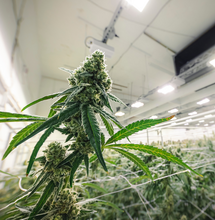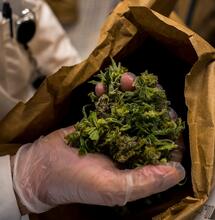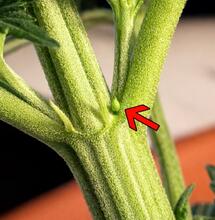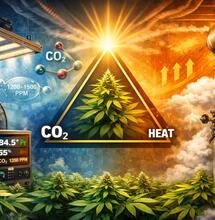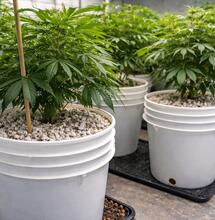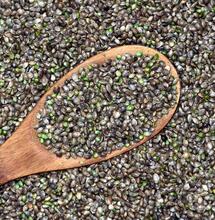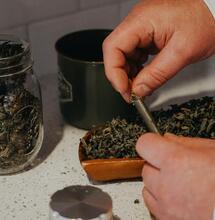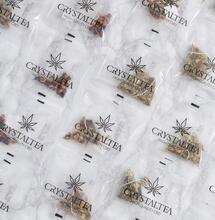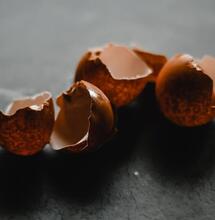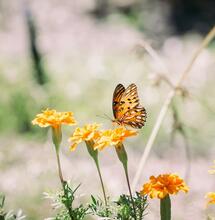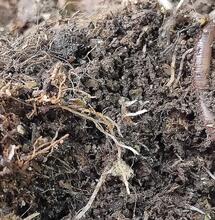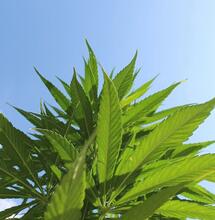Are Bees Attracted to Hemp?
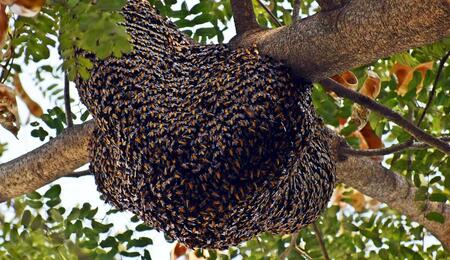
Research claims that hemp flowers are an alluring source of nutrients for bees. The hardworking winged insects benefit from industrial hemp crops at a time of the year when other pollinator-friendly flowers disappear. While hemp does not produce any nectar, the pollen-rich nature of hemp flowers turns out to be a precious food resource for various types of bees.
Cannabis doesn't possess sweet nectar or beaming colors emblematic of flowers that attract pollinators. However, hemp and especially its taller varieties do attract bees, and it probably has to do with the abundance of pollen found in hemp flowers.
Industrial hemp is one of the most rapidly expanding crops in the U.S., and it can provide food for the bees during a period of the year when few other options remain available for them.
Cannabis is an exclusively wind-pollinated crop. Hemp lacks nectar but is rich in pollen between the end of June and the end of September. According to one study, as many as 16 different species of bees were identified making regular visits to hemp farms across New York. Hemp plots with taller cultivars attracted a broader diversity of bee species.
"Because of its temporally unique flowering phenology, hemp has the potential to provide a critical nutritional resource to a diverse community of bees during a period of floral scarcity and thereby may help to sustain agroecosystem-wide pollination services for other crops in the landscape," write the researchers.
Hemp crops also have other floral visitors, the researchers further note, although their exact use of hemp across agriculture remains unknown.
In another study that again looks at the relationship between Cannabis and bees, researchers from Colorado State University set up bee traps in industrial hemp fields during peak flowering season and they were able to collect nearly 2,000 bees belonging to 23 different species of bees. They found out that almost half of the captured bees were honeybees and there were also significant populations of other native solitary bees.
Acknowledging the valuable relationship between bees and hemp is important, to say the least. We have witnessed mass death events of bees across North America over the last decade, largely due to the use of lethal insecticides.
The Colorado researchers caution that "as cultivation of hemp continues to expand, we expect insect pests on hemp to also become prevalent." Since hemp supports bee communities, growers, land managers and policymakers should take everything in their power to ensure that no harmful pesticides are used during cultivation. Sustaining a healthy environment for growing organic hemp will protect vulnerable bee populations. Bees are the one species we cannot afford to extinct.
